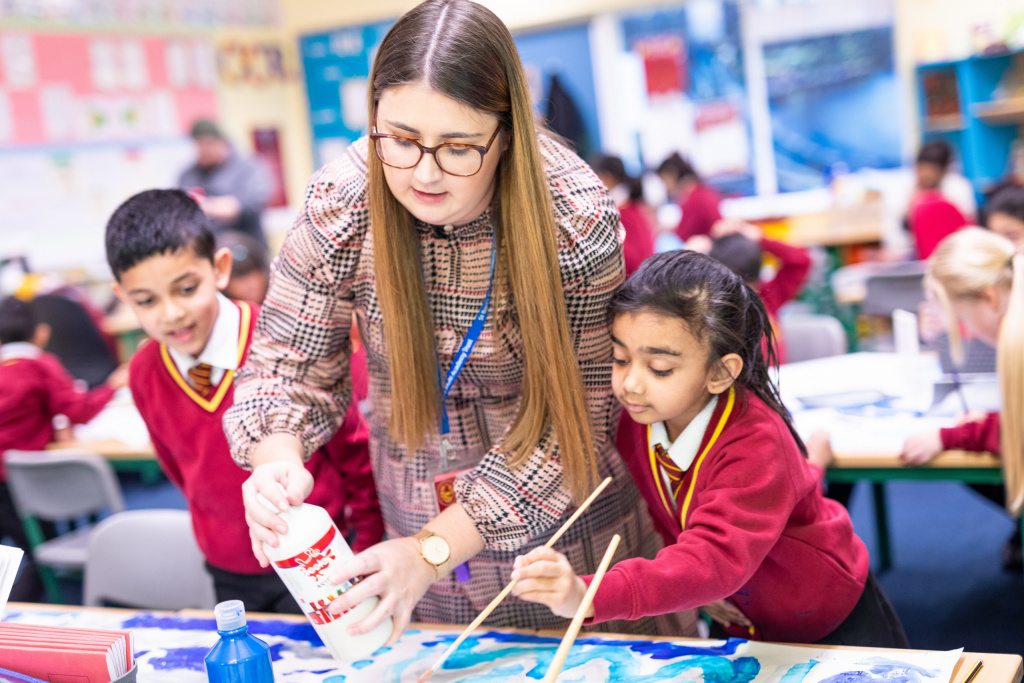

Losing the learning habit
Walk into any early years classroom and you will experience all the learner attributes that teachers value: children are curious, willing to take risks, excited by new opportunities and creative in their approach to problem-solving. They ask questions and will work independently with minimal teacher support.
Take a few steps further into the primary years and already you see children who have lost some of these valuable learning habits; they ask fewer questions, seek teacher approval instead of using their initiative, want to know how to get it ‘right’ and are afraid of making mistakes. You see this in many Year 2 classrooms and by Year 6 you often find that this trajectory from enthusiastic independent learner towards risk-averse, approval seeker is even more pronounced.
Getting the right balance – Head, Heart and Hand
I want to explore how the current national curriculum contributes to this negative trajectory and explore what alternatives the expert group might consider if they want to build on young children’s appetite for learning.
In order to make the case for change, we need to use the model of Head, Heart and Hand in equal balance, which shapes the curriculum at all Big Education schools – Head being academic learning, Heart being relationships and wellbeing and Hand being creativity and skills-building.
It is important to start by focusing on what the goal of learning in the primary years should be. Ask any primary teacher what they want for their pupils and they will say they want them to be happy people and engaged learners.